
Toxic Bedding is Real and This is How You Can Avoid it
Are there hidden chemicals in your bedding? You’d be surprised how many bedding manufacturers make their bed sheets using toxic bleaches, dyes and chemicals which are not only harmful to the planet, they are harmful to you *shudder*.
We investigate the tricks of the bedding trade, which could lead to you unintentionally spending your nights cuddling up with harmful chemicals…
‘Wrinkle Free’ Bedding
Sounds great, right? Truth is, it really isn’t. Wrinkle-free bedding should be avoided at all costs (unless you want to potentially be hopping into bed with formaldehyde - a toxic chemical).
Allergy symptoms of formaldehyde resin include itchy eyes, headaches, wheezing and ironically – fatigue. To put this chemical into perspective – it’s also used in nail polish, insulation materials and glue. It’s certainly not something you want, or expect, to be spooning with at night.
Look out for the label ‘Permanent Press’ which is an indication your bedding may have been treated with formaldehyde to keep it ‘wrinkle free’.

Silicone Sheets
A common trick of the trade is to coat sheets with silicone, producing an irresistible soft feel at the point of sale. A few washes in, the silicone dissipates, leaving a fabric with a far less desirable hand feel.

Bamboo Bedding
Bamboo bedding. Sounds gorgeously sustainable and eco-friendly but in reality, the manufacturing process is chemically intensive and environmentally unfriendly.
Bamboo is placed into a boiling vat of chemicals before it is extruded as rayon – a man-made fabric blended from cotton, wood pulp (in this case bamboo) and other synthetic fibres. After which, most of the ‘bamboo’ qualities, such as being natural or antibacterial, are gone.
Not quite the eco-delight it first sounds!

Organic Cotton
So, you’ve gone out and bought a beautiful set of organic bed linen. Surely there are no harmful chemicals to worry about, right? Not quite…
There are different stages involved in the manufacturing of cotton products:
- The growing of the crop
- The process of turning the cotton into a finished product - in our case bedding
Don’t assume ‘organic cotton’ means an absence of nasties. Whilst the ‘organic’ label ensures the fibres have been grown organically, it doesn’t guarantee the cotton has been processed into bedding without the use of harmful chemicals.

Oeko-Tex Bedding
We pride ourselves on our environmental and ethical credentials. That’s why we sleep better at night knowing our luxury bedding is Oeko-Tex Certified and made responsibly in Portugal. Not only does this mean that our bed sheets are better for you, they are manufactured in a way that is better for the environment too.
Ready to curl up in those super soft bed sheets?
Shop here



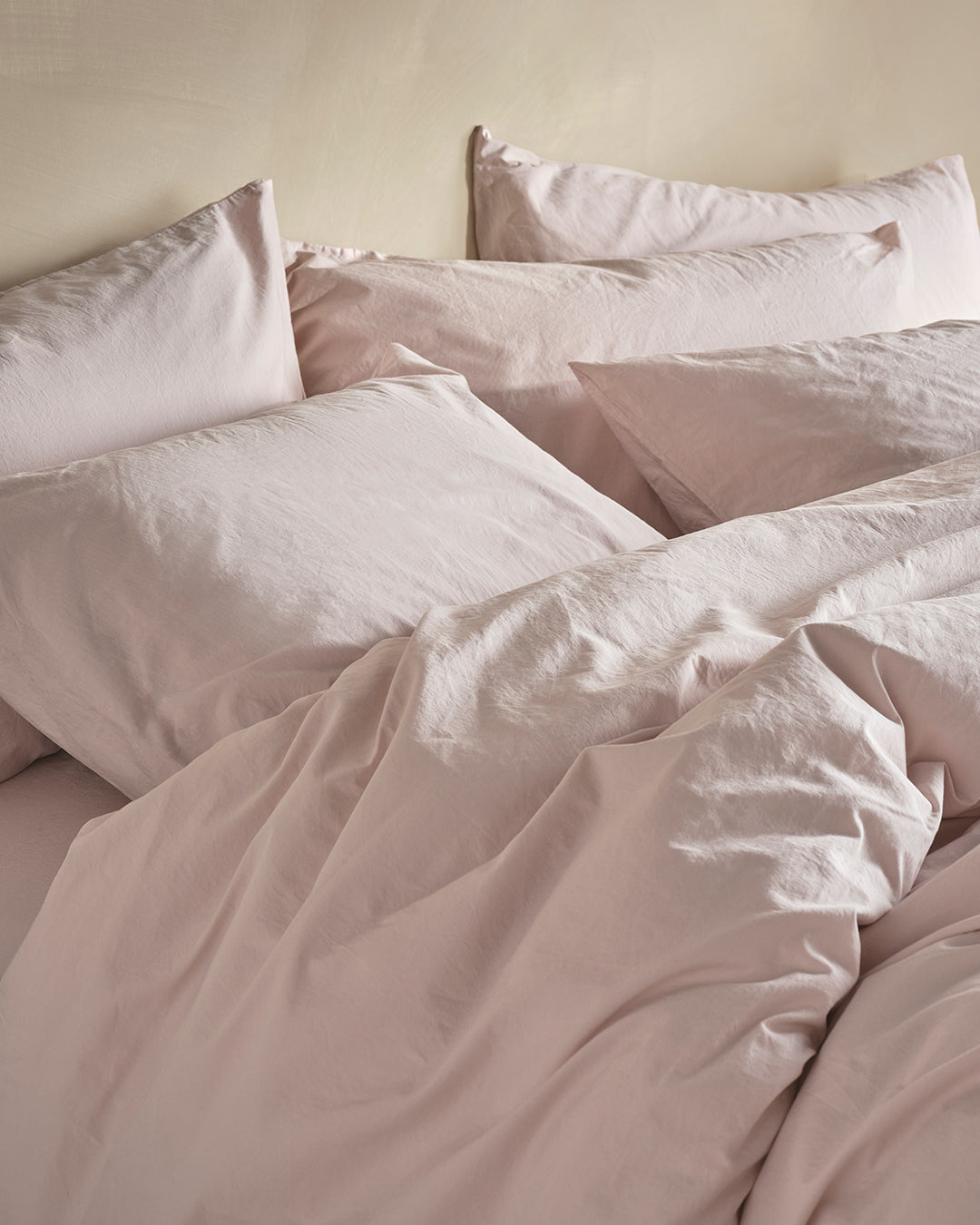
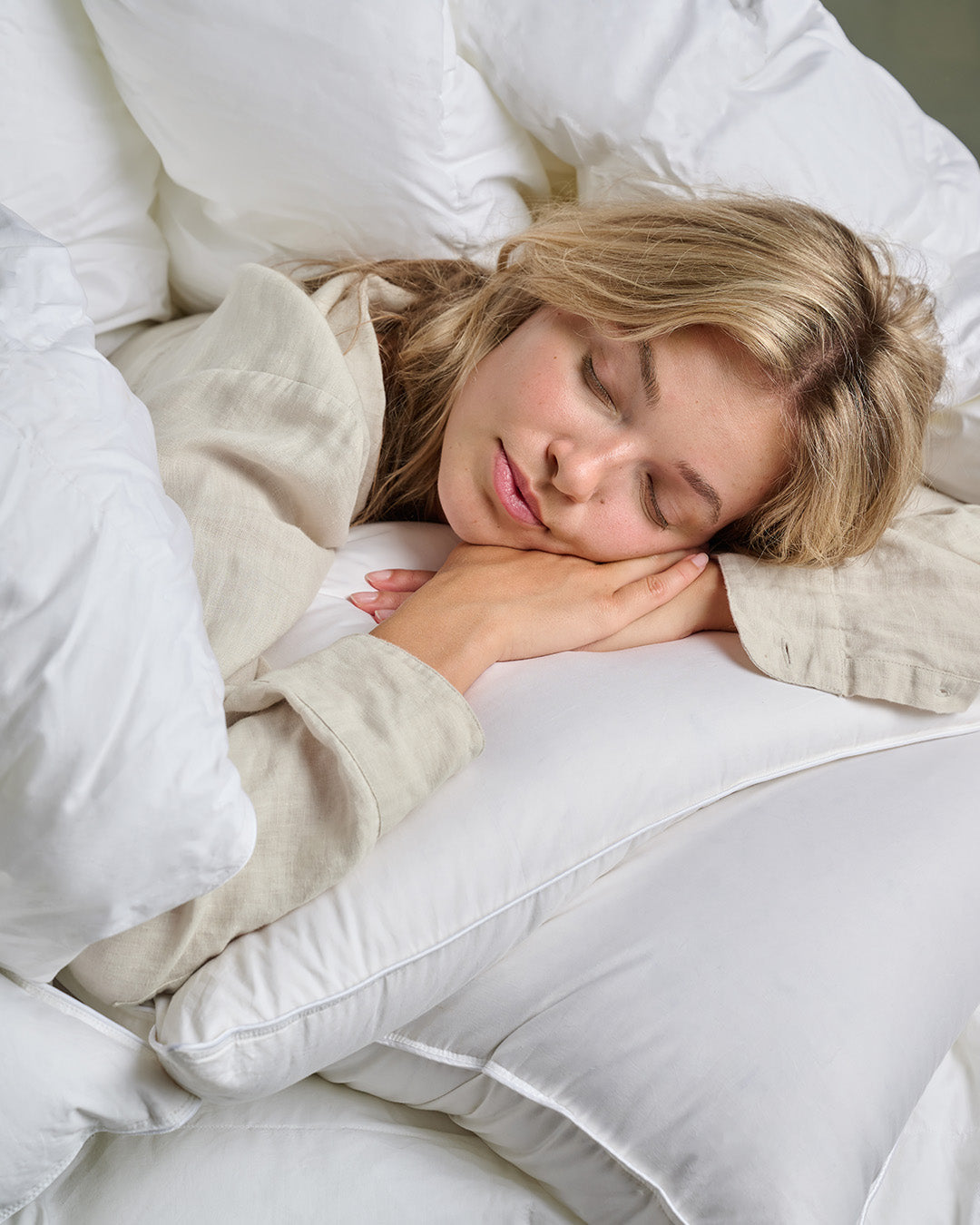
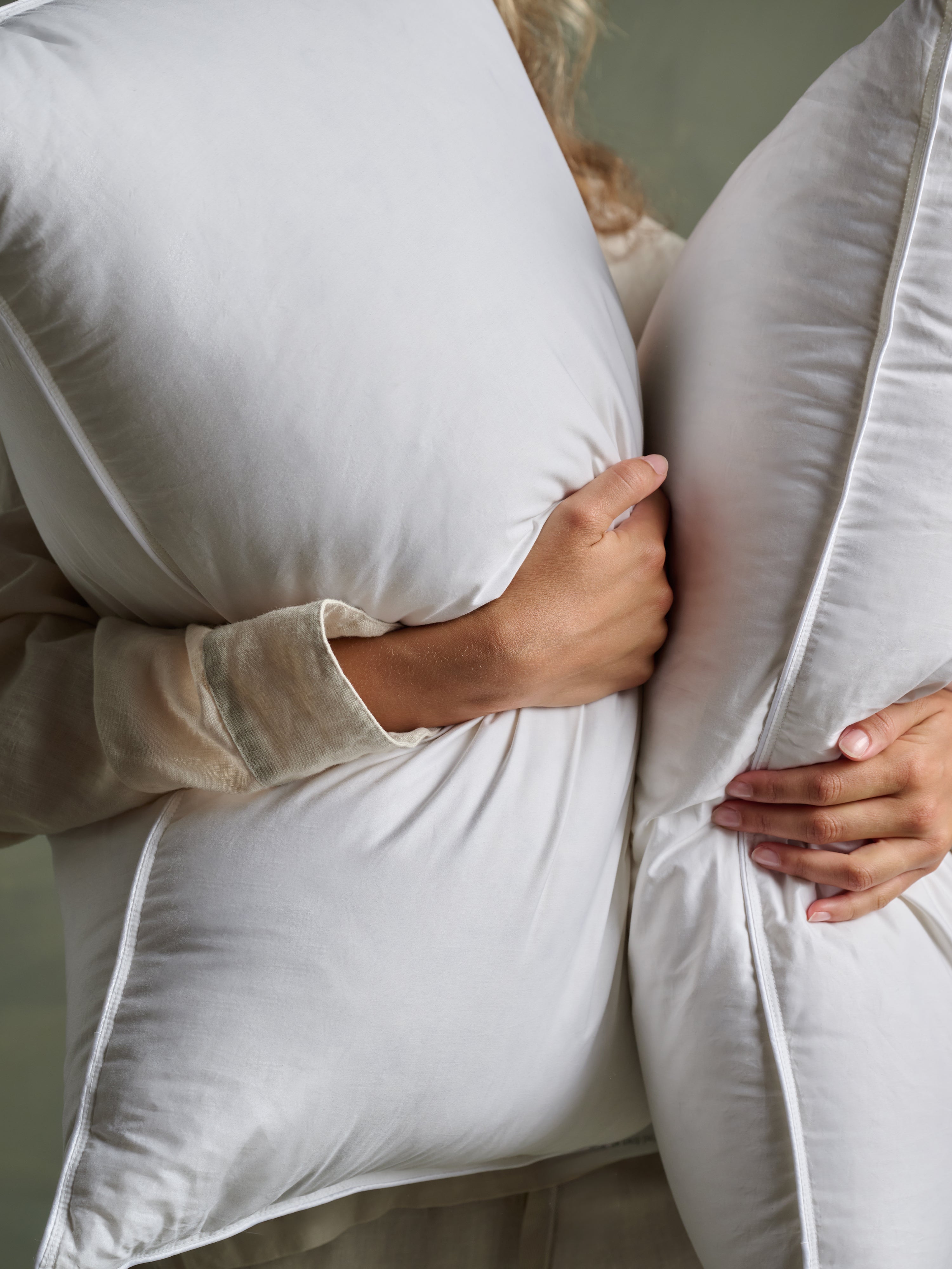
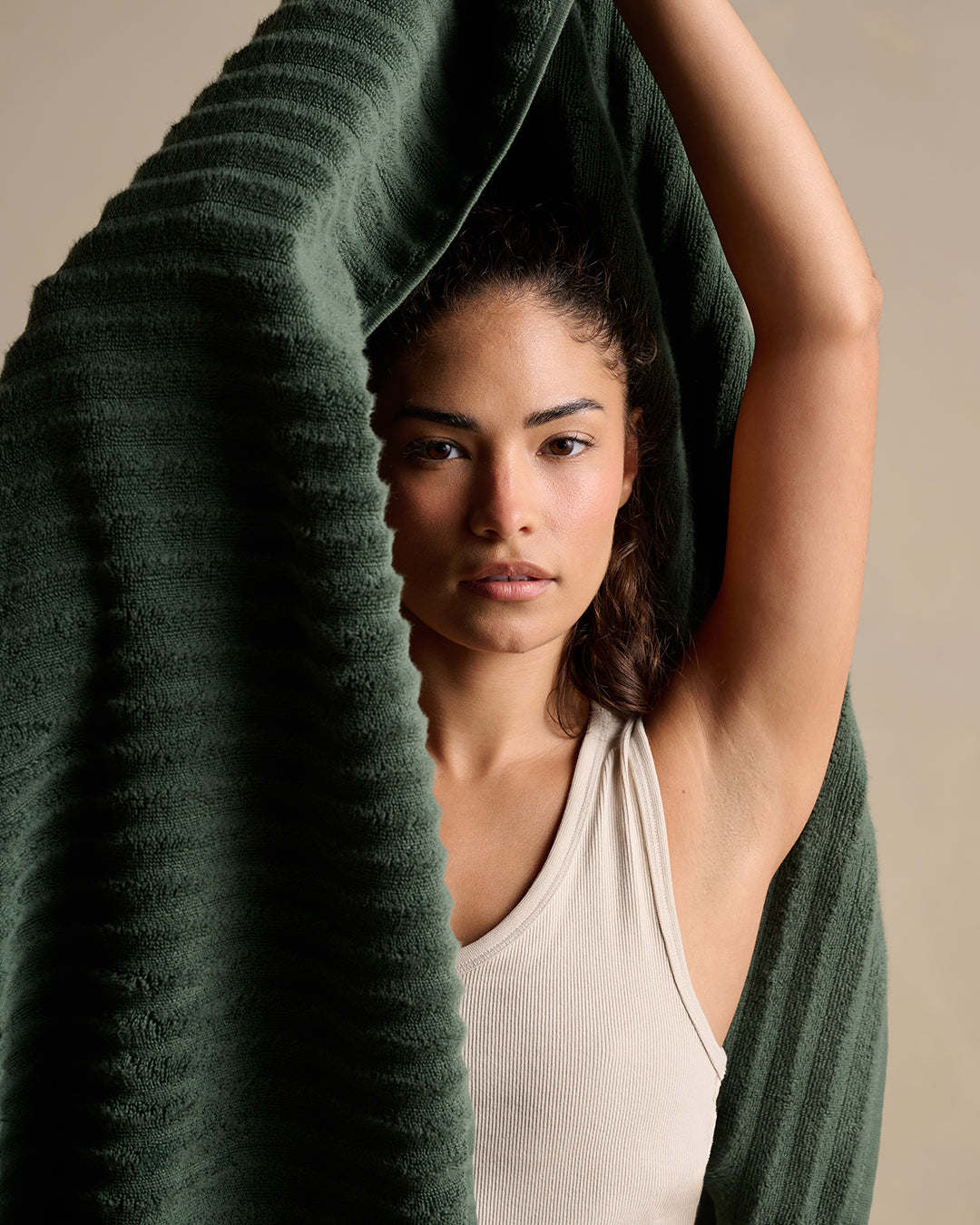

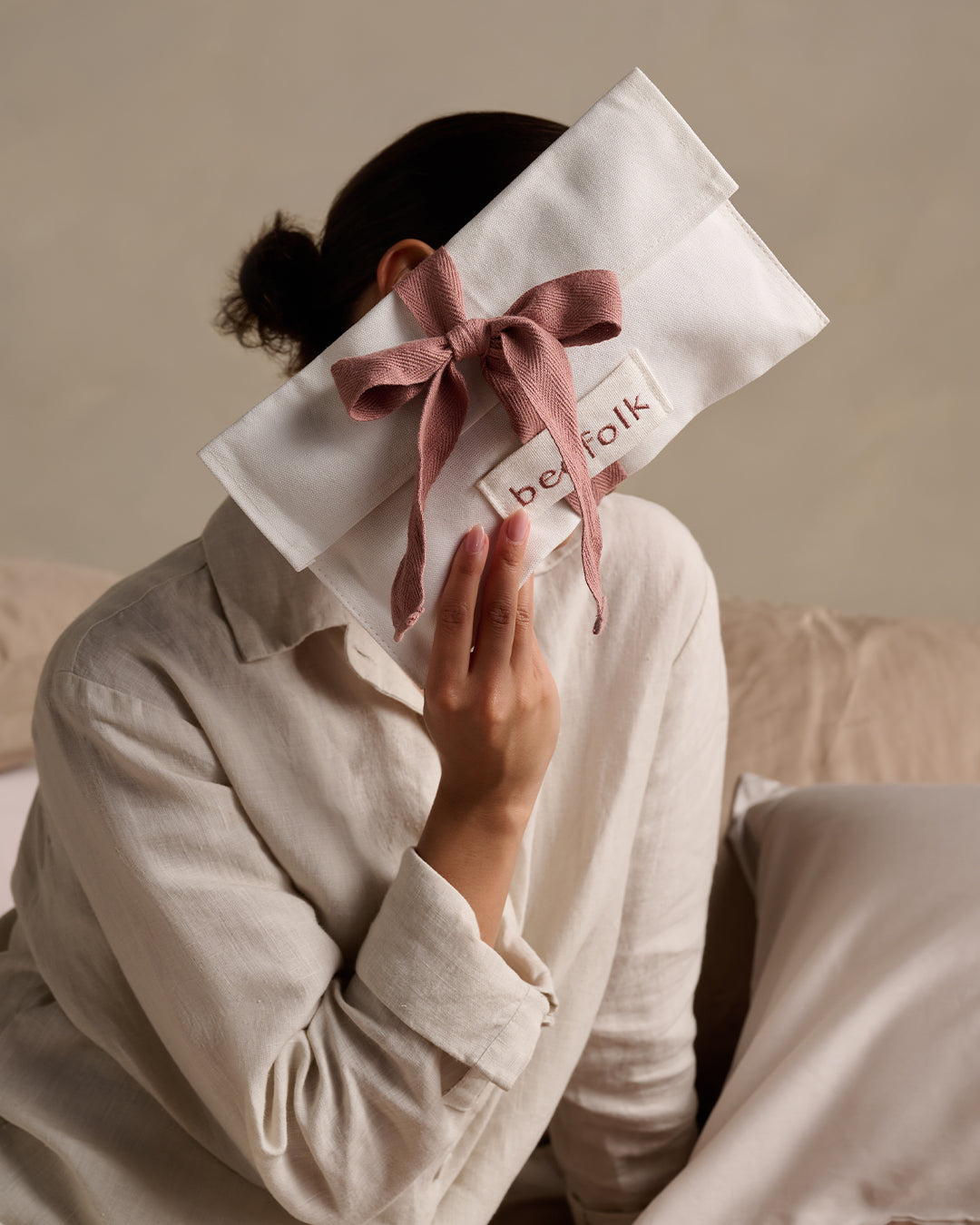
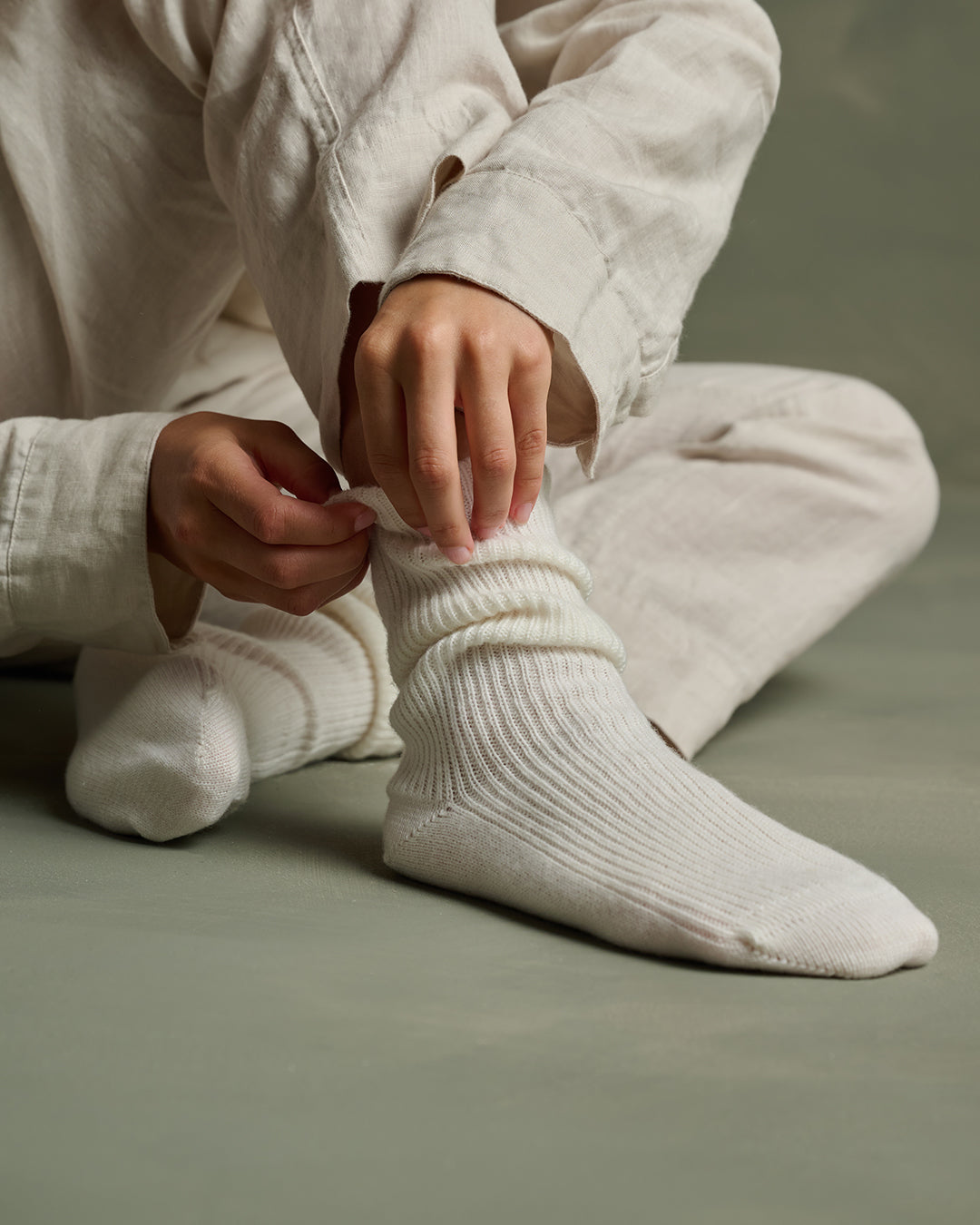
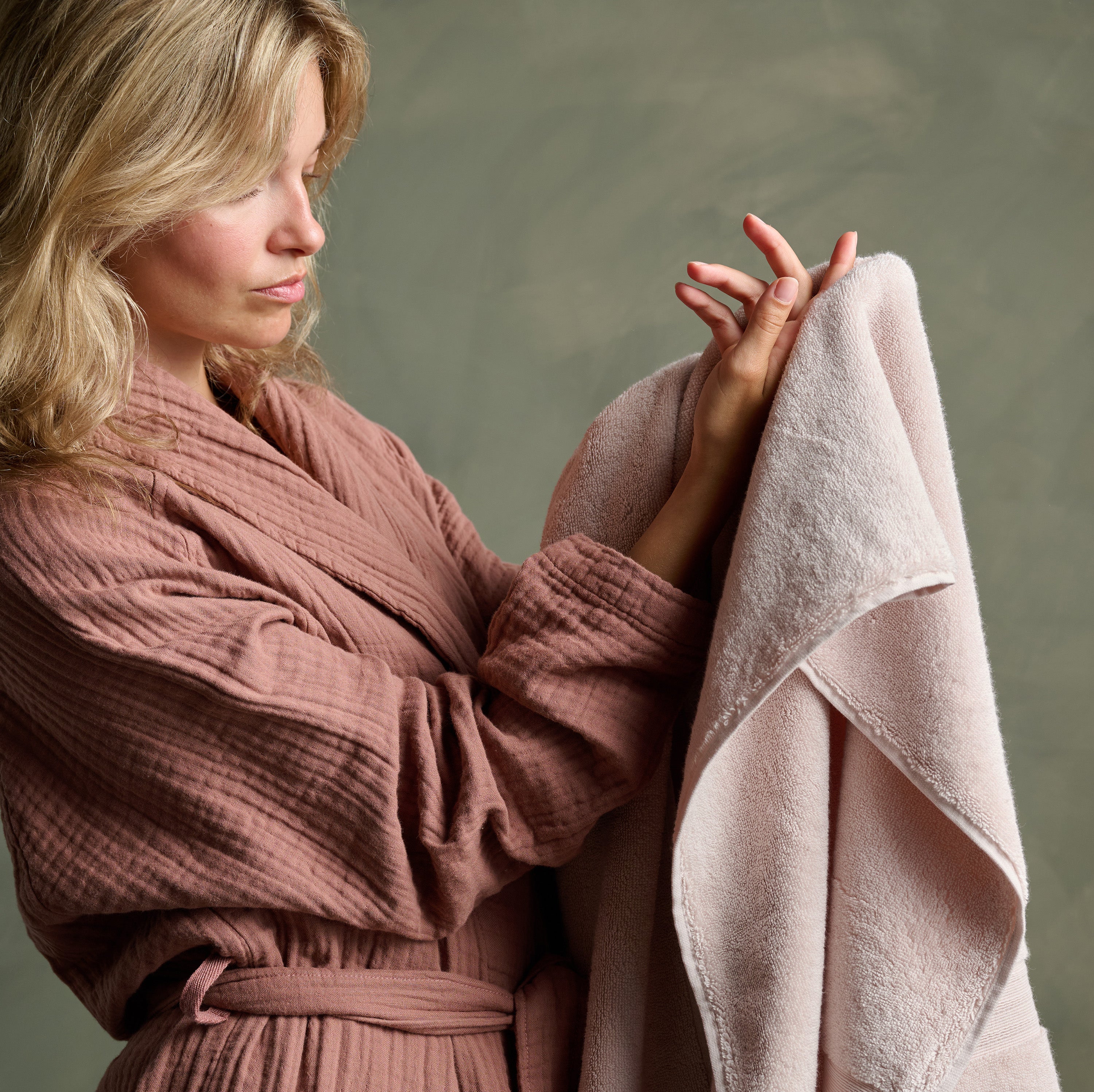
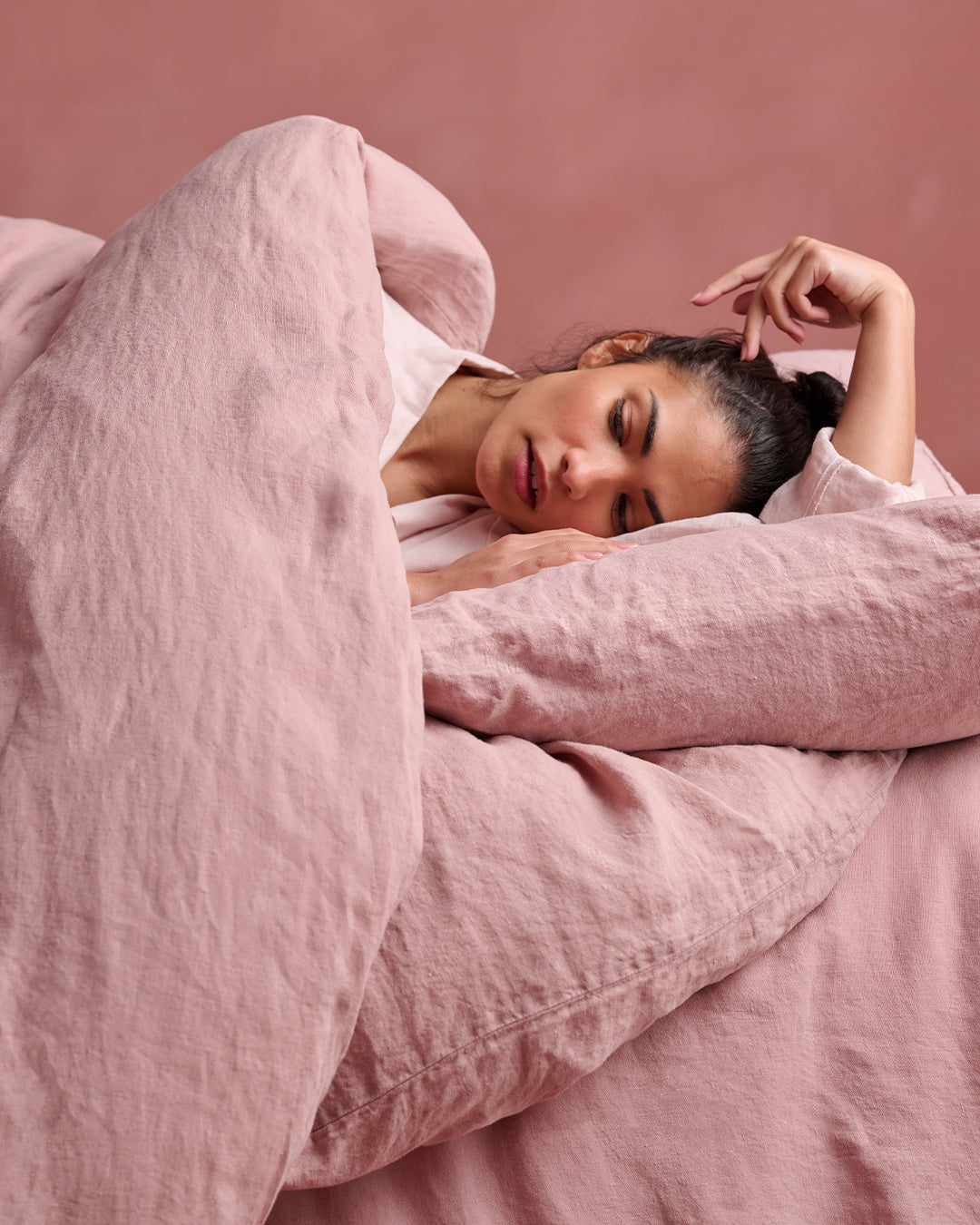
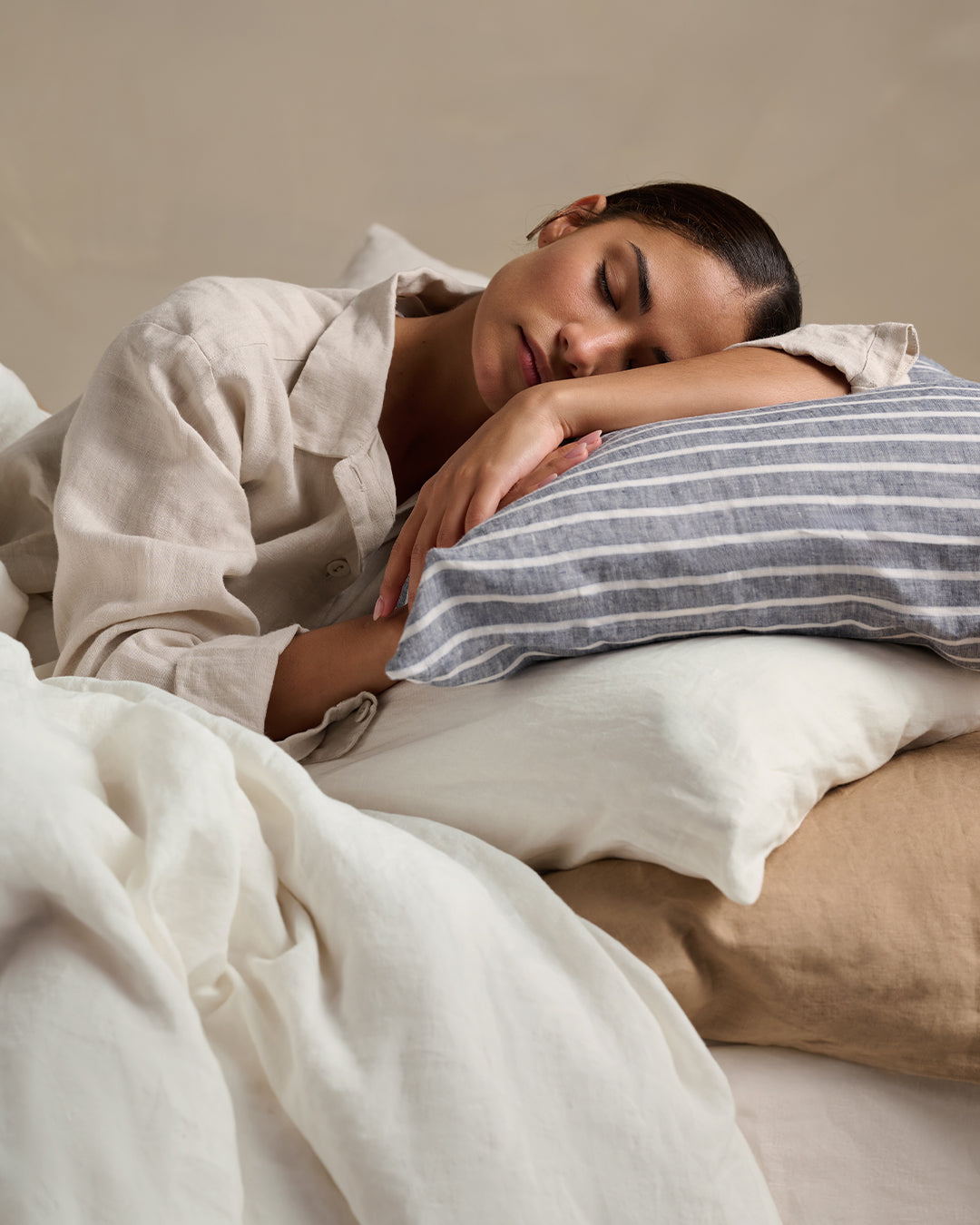
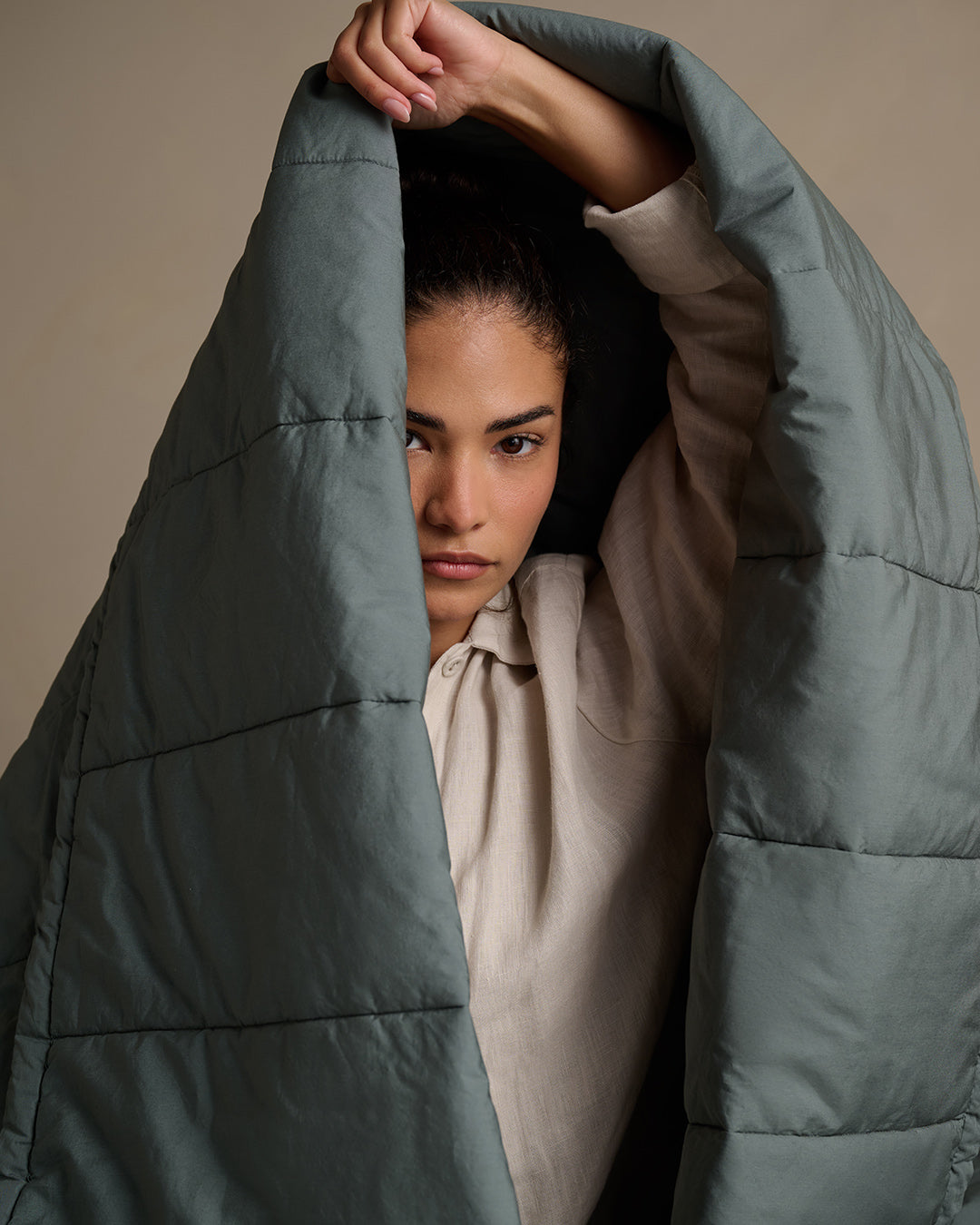

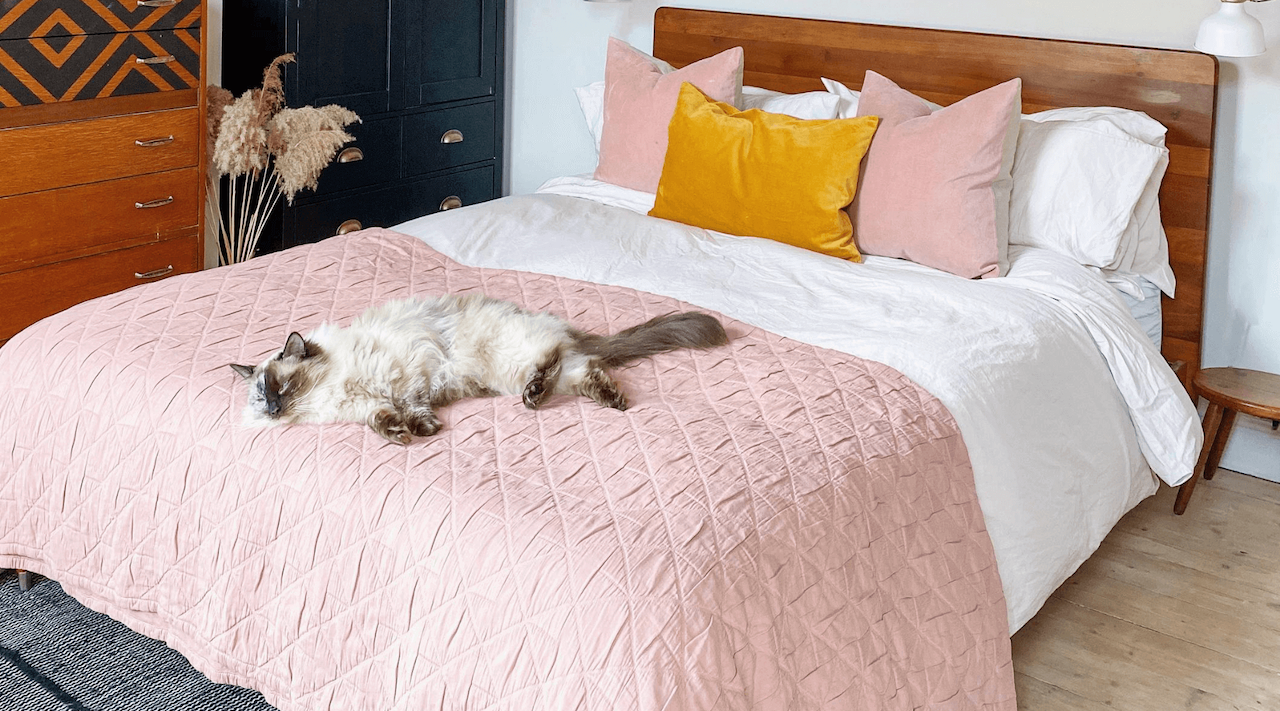
3 comments
I would of liked this article to go into detail. I’m in the process of buying bamboo because it is better than cotton for wicking moisture and better then for skin, I thought. I read you say bamboo has a boiling vat of chemicals, but cotton also has chemicals. The article fails to tell me if generally one has way more chemicals than the other, or way more “worse” likely chemicals in this respect the article failed because I’m none the wiser on what is worse. The fact is all bedding and clothes that the regular UK person not on a high wage, is more exposed to chemicals in things like bedding, but what we want to know then is what is the best ones to avoid. A bit like know there is more online info about non stick pans being worse than stainless steel, consumers can make a somewhat more informed decision. The article could of said much more, missed opportunity. At the end you say to shop with you, but you don’t quite hit the nail by explaining what chemicals most sellers use and exactly how you are different, how many less chemicals you use, why are they better. It’s not enough to just say you are better, when loads of companies are claiming these vague claims too on websites
Martina
Hello
I have bought a M&S goose down duvet. It has a cotton cover. Would the cover have been treated with any chemical please? I would appreciate your advice. If it has is it better to choose a polyester duvet to avoid the chemicals even though polyester is a plastic? Thank you. Regards Jane Murgraff
Jane Murgraff
Hello
I have bought a M&S goose down duvet. It has a cotton cover. Would the cover have been treated with any chemical please? I would appreciate your advice. If it has is it better to choose a polyester duvet to avoid the chemicals even though polyester is a plastic? Thank you. Regards Jane Murgraff
Jane Murgraff
Leave a comment
This site is protected by hCaptcha and the hCaptcha Privacy Policy and Terms of Service apply.